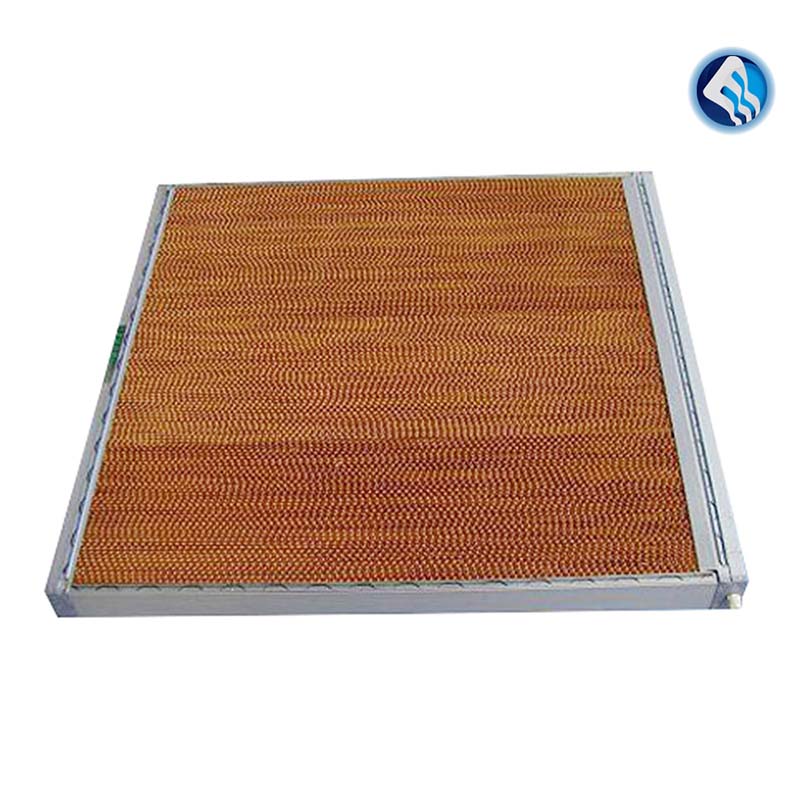small egg tray making machine
Dec . 07, 2024 09:02 Back to list
small egg tray making machine
The Small Egg Tray Making Machine Revolutionizing Waste Management and Sustainable Packaging
In recent years, the demand for environmentally friendly packaging solutions has surged significantly, pushing industries to seek innovative ways to manage waste and reduce plastic usage. One such innovation is the small egg tray making machine, designed to produce eco-friendly egg trays from recycled paper materials. This machine not only contributes to sustainable packaging but also plays a vital role in waste management.
The Process Behind Egg Tray Production
The process of making egg trays using a small egg tray making machine involves several steps, beginning with the collection of waste paper, such as newspapers, cardboard, and other recyclable paper products. These materials are shredded and mixed with water to create a pulp. The pulp is then fed into the egg tray making machine, where it is molded under high pressure to form the desired tray shape. After molding, the trays are dried, either using natural sunlight or through an integrated drying system, resulting in sturdy and biodegradable products.
The small egg tray making machine is designed for efficiency and cost-effectiveness, making it an attractive option for small-scale businesses and entrepreneurs. These machines can produce hundreds to thousands of egg trays per hour, significantly increasing production capacity while minimizing labor costs. Moreover, the operation of these machines is relatively simple, allowing individuals with minimal technical skills to operate them successfully.
Benefits of Using Small Egg Tray Making Machines
1. Eco-Friendly Solution One of the standout features of the small egg tray making machine is its contribution to environmental conservation. By utilizing waste paper as raw material, businesses can divert paper waste from landfills, reducing the overall environmental footprint. Additionally, the finished egg trays are biodegradable, ensuring that they do not contribute to long-term pollution.
small egg tray making machine

2. Cost-Effective Manufacturing The low operational and maintenance costs of small egg tray making machines make them an appealing choice for startups. The investment in these machines can yield quick returns, especially as the demand for sustainable packaging continues to grow globally. By producing their own egg trays, businesses can also save on purchasing costs, resulting in better profit margins.
3. Versatility While egg trays are the primary product, the small egg tray making machine can also produce various other products, such as fruit trays, cup holders, and packaging materials for fragile items. This versatility allows businesses to diversify their product offerings and tap into different markets.
4. Supporting Local Farmers By providing a reliable source of egg trays, small egg tray making machines support local poultry farmers and egg producers. Well-structured and protective egg trays ensure the safe transport of eggs, minimizing breakage and loss during distribution.
5. Job Creation The establishment of small-scale egg tray production units can lead to job creation within local communities. Operating these machines and managing production facilities can provide employment opportunities, thus contributing to economic development.
Future Prospects
As the world continues to prioritize sustainability and environmental responsibility, the small egg tray making machine stands at the forefront of innovative waste management solutions. The technology behind these machines is also expected to evolve, with advancements in automation and efficiency that could further enhance production capabilities.
In conclusion, the rise of small egg tray making machines signifies a notable shift toward sustainable practices within the packaging industry. By effectively utilizing recycled materials, these machines not only provide a practical solution to packaging needs but also contribute positively to the environment and local economies. As consumer awareness regarding environmental issues continues to rise, businesses that incorporate such eco-friendly solutions are likely to thrive in the competitive market. The future, it seems, is looking greener, one egg tray at a time.
-
Automatic Feeding Line System Pan Feeder Nipple Drinker|Anping County Yize Metal Products Co., Ltd.
NewsJul.29,2025
-
Automatic Feeding Line System-Pan Feeder Nipple Drinker|Anping County Yize Metal Products Co., Ltd.
NewsJul.29,2025
-
Automatic Feeding Line System - Pan Feeder Nipple Drinker|Broiler Farming Equipment
NewsJul.29,2025
-
Automatic Feeding Line System - Anping Yize | Efficiency&Durability
NewsJul.29,2025
-
Automatic Feeding Line System - Anping Yize|Poultry Efficiency&Durability
NewsJul.29,2025
-
Automatic Feeding Line System-Anping County Yize Metal Products Co., Ltd.|Durable PP Material&Easy Maintenance
NewsJul.29,2025






